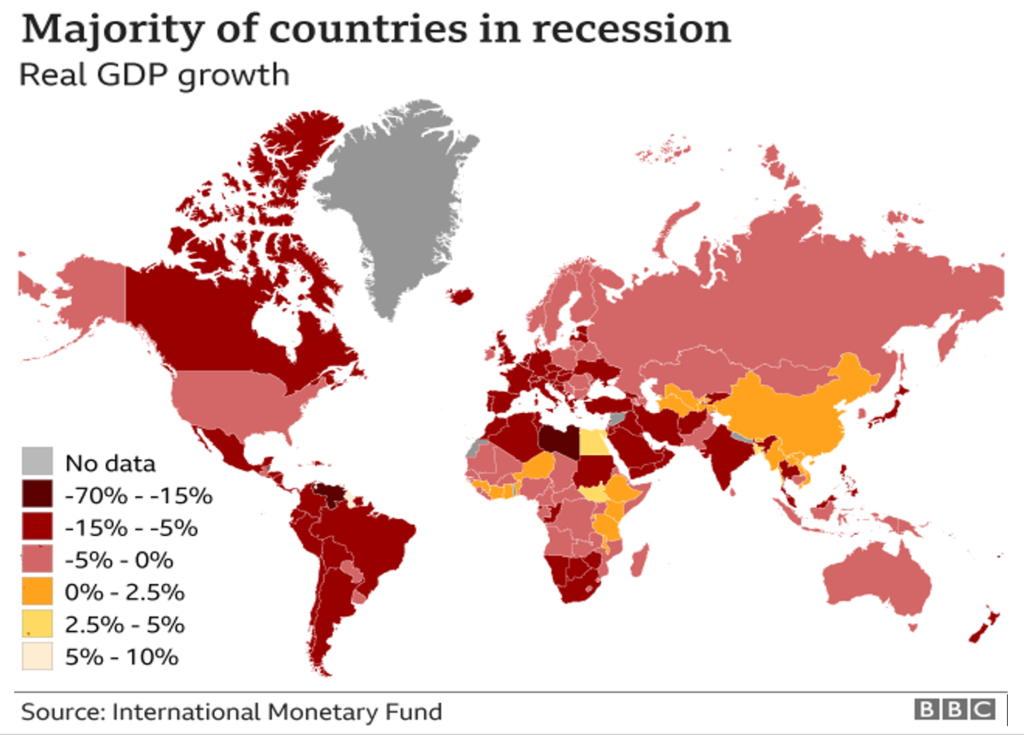Your vacation leave in 2025: everything you need to know
Vacation leave is a fundamental right of every employee, crucial for regeneration and maintaining work-life balance. Understanding the rules for its calculation and utilization is essential for both employees and employers to avoid misunderstandings and ensure compliance with regulations. With the upcoming holidays, it is worth refreshing your knowledge of the current labor code regulations regarding the scope of vacation leave in Poland in 2025. This guide will clarify your doubts and help you effectively plan your well-deserved rest.
Article agenda:
- Introduction
- Significance of vacation leave
- Article’s purpose and scope
- Basic vacation leave entitlement in 2025
- Vacation leave for part-time employees
- Vacation leave in the first job
- User questions and answers (FAQ)
- Summary
- Key takeaways and the importance of understanding regulations.
Introduction
Vacation leave is one of the fundamental employee rights, guaranteeing every employed individual time for regeneration and rest. Understanding the rules for its calculation and utilization is crucial for both employees, to fully exercise their rights, and for employers, to properly manage the company’s leave policy. In 2025, the regulations concerning vacation leave largely remain stable, based on the labor code, but it is always worthwhile to refresh one’s knowledge to avoid misunderstandings.
The following article thoroughly discusses the scope of vacation leave, the rules for granting it, and answers the most frequently asked questions.
Basic vacation leave entitlement in 2025
The amount of vacation leave in Poland is strictly defined by the labor code and primarily depends on the employee’s length of service. This right is inalienable and cannot be waived, and its purpose is to ensure adequate time for rest and recovery after a period of work. It is worth noting that the length of service includes not only the period of employment with the current employer but also previous periods of employment, regardless of breaks in work.
How many days of leave is an employee entitled to in 2025?
In 2025, similar to previous years, the basic vacation leave entitlement is:
- 20 days – if the employee has been employed for less than 10 years.
- 26 days – if the employee has been employed for at least 10 years.
It should be remembered that these are calendar days, meaning that non-working days such as Saturdays, Sundays, and public holidays are also included in the leave entitlement. Leave is granted on working days, according to the employee’s work schedule. This means that if an employee works from Monday to Friday and takes a full week of leave, they use 5 days of leave.
How to calculate seniority for leave purposes?
All previous periods of employment, regardless of breaks in employment or the legal basis for its termination, are included in the length of service that determines leave entitlement. Importantly, periods of education are also included in the leave seniority, but to a specific extent. For example, completing a vocational secondary school counts as 3 years, a general secondary school as 4 years, and higher education as 8 years. These periods do not sum up with employment seniority if they overlap in time; instead, the most favorable period for the employee is chosen. Employees should provide the employer with documents confirming previous employment and completed schools so that these periods can be included in their leave seniority.
Vacation leave for part-time employees
The rules for calculating vacation leave for part-time employees differ slightly from those for full-time employees, but their right to leave is fully preserved. The key is to calculate leave proportionally to their working hours, ensuring fair treatment for all employees, regardless of their employment status. It is important for both the employee and the employer to understand this principle to avoid errors in planning and settling leave.
How to calculate leave for a half-time employee in 2025?
Leave for a part-time employee is calculated proportionally to their working hours. The full leave entitlement for a given seniority (20 or 26 days) is taken and multiplied by the fraction corresponding to the employee’s working hours. For example, an employee working half-time with an entitlement to 26 days of leave per year will be entitled to 26 × 0.5 = 13 days of leave. The result is always rounded up to a full day. This ensures that part-time employees also have adequate time off proportional to their professional commitment.
Vacation leave in the first job
The first job is a special moment in everyone’s career, and with it comes the right to vacation leave. The rules for calculating leave in the first year of employment differ from those that apply in subsequent years of work. It is worth knowing these specific regulations to fully and consciously exercise one’s rights from the very beginning of their professional journey.
How is leave calculated in the first year of employment in 2025?
In the first year of employment, vacation leave accrues to the employee with the completion of each month of work, in the amount of 1/12 of the leave entitlement due after a full year of employment. This means that after each completed month of employment, the employee acquires the right to approximately 1.66 days of leave (for 20 days) or approximately 2.16 days of leave (for 26 days). The employee acquires the right to the full leave entitlement at the beginning of the next calendar year. This rule aims to gradually make leave available to new employees, allowing them to take short breaks for rest as they accrue.
User questions and answers
What counts towards seniority for leave purposes?
All previous periods of employment, regardless of breaks in employment or the legal basis for its termination, are included in the length of service that determines leave entitlement. This means that both fixed-term and indefinite employment contracts, as well as probationary contracts, count. Furthermore, periods of education in schools are also included in the length of service, such as completing a basic or equivalent vocational school (the program’s planned duration, not more than 3 years), a general secondary school (4 years), a vocational secondary school (5 years), a post-secondary school (6 years), and higher education (8 years). Education periods do not sum up with each other or with employment periods if they overlap in time; instead, the period most favorable to the employee is chosen.
How many days of leave after 5 years of employment?
If an employee has 5 years of employment, they are still entitled to the basic leave entitlement of 20 days. The increase in leave entitlement to 26 days occurs only after reaching at least 10 years of service, including both employment periods and education periods. Therefore, an employee with 5 years of service will be entitled to 20 days of vacation leave in 2025, unless they have other additional entitlements.
When does an employee acquire the right to their first leave?
An employee acquires the right to their first vacation leave with the completion of each month of work. This means that after each completed month of employment in the first year of work, the employee acquires the right to 1/12 of the leave entitlement due after a full year of employment. Only at the beginning of the next calendar year does the employee acquire the right to the full leave entitlement. For example, if an employee started work on March 1, 2025, they will acquire the right to a portion of their leave as early as March 31, 2025.
Is proportional leave rounded up?
Yes, in Polish labor law, any partial day of leave is always rounded up to a full day. This is a rule favorable to the employee, ensuring they maximize their entitled time off. This applies to calculating proportional leave for part-time employees, acquiring leave in the first year of employment, and calculating compensation for unused leave. For example, if the calculated value of leave is 13.01 days, the employee is entitled to 14 days of leave.
Do studies count towards seniority?
Yes, the period of completing higher education counts towards the length of service that determines vacation leave entitlement. Completing higher education is counted as 8 years of service. However, it should be remembered that if the period of studies overlaps with the period of employment, either the period of employment or the period of education is counted – whichever is more favorable to the employee. The period of studies is not summed with the period of employment if both periods overlap.
Summary
Vacation leave is a fundamental right of every employee, and its proper calculation and granting are the employer’s obligation. In 2025, these rules remain consistent with previous years, based on the labor code regulations. It is important for both employees and employers to be aware of the basic leave entitlement, the rules for its calculation depending on seniority or employment status, and the specifics of leave in the first year of employment. Knowledge of these regulations allows for effective management of work and rest time, contributing to a better work-life balance and greater job satisfaction. In case of doubt, it is always advisable to consult with our expert or visit the HR and payroll section of our website.































 Finance and Accounting Partners Sp. z o. o.
Finance and Accounting Partners Sp. z o. o. NIP: 5272913645
NIP: 5272913645
 Mon. - Fri. 8am - 4pm
Mon. - Fri. 8am - 4pm


